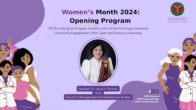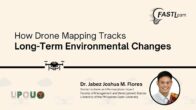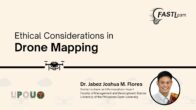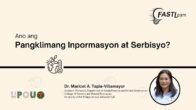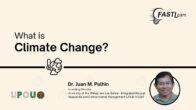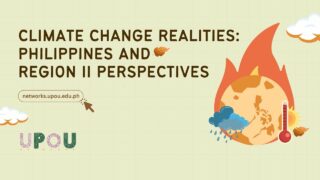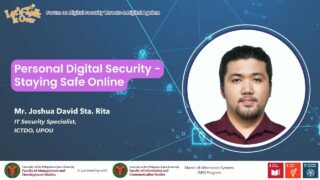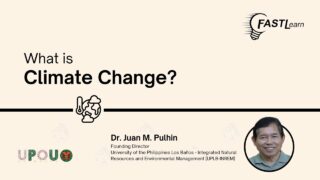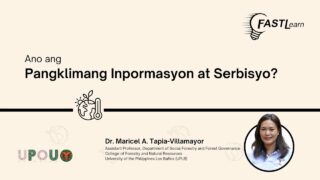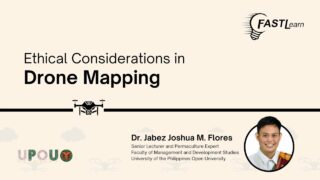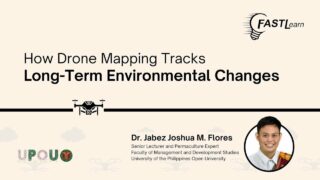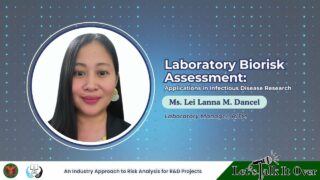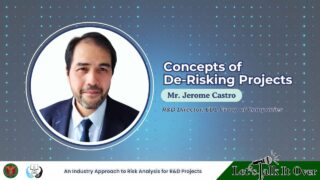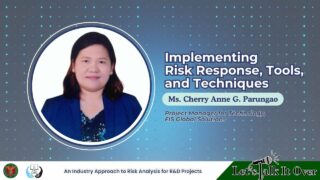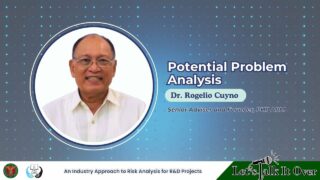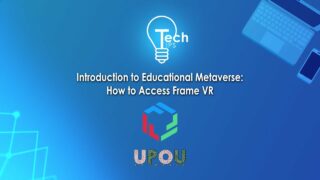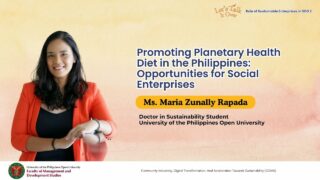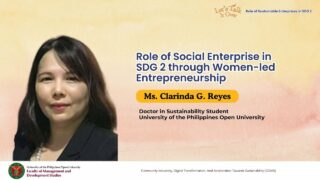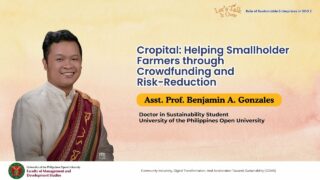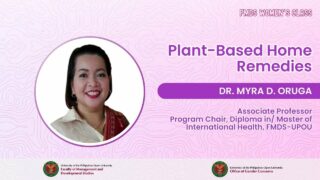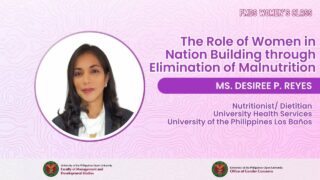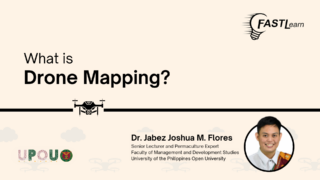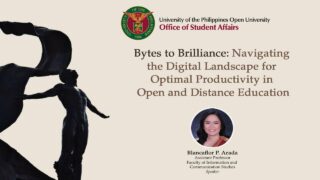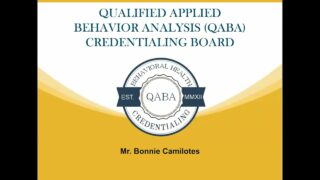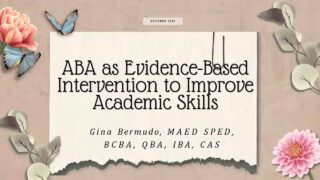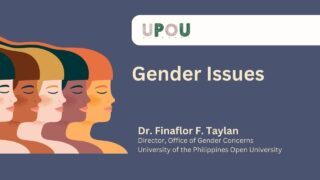Isang maalab at mapagpalayang hapon sa ating lahat and Happy Women’s Month. It’s my great pleasure and privilege to share with you some of my insights and ideas as we commemorate and celebrate Women’s Month. So before I begin, here’s the outline of my talk for this afternoon. So we’ll be discussing about what does UPOU stands for. focused on women and all genders and we’ll be sharing some community engagement initiatives by the Faculty of Management and Development Studies. Of course, there are important reasons why we celebrate Women’s Month. So I will start here and I will start with the question why is UPOU the whole country and the whole global community celebrates Women’s Month.
So of course, first, Women’s Month. This is an opportunity for everyone, especially in our modern society, to recognize, honor, and celebrate the contributions, the successes, and most importantly, the rights of women in our society. We can say that women have an important role in our society. And this is in every aspect of our lives. So, since we were young, we have women in our lives. So from our homes, government, private organizations, schools and universities, to business, there are women who show their commitment, ability, and dedication to all that they do. But let me just highlight that focusing on women does not mean that we are undermining the importance of men and other genders in our society.
On the contrary, the Women’s Month is the time wherein women, men, and all genders recognize the need for more inclusive and equitable initiatives to achieve progress and sustainable development. In order to do this, everyone needs to surface and acknowledge the historical and still ongoing inequalities, discrimination, and challenges faced by women.
Are we empowered? Yes, we are empowered here at UPOU. If you will ask how many women are in leadership positions, 90 percent. How many of the faculty members are women? So many, even the staff, right? But this is not a that the situation is the same in other institutions, in other places in the Philippines, or in other countries. So, we still have inequalities, discrimination, and many challenges facing women.
Which brings me to the second reason why we celebrate Women’s Month. We celebrate Women’s Month to raise awareness about the various issues and challenges that women continue to face despite the modern society that we live in now. It is an opportunity to give space for us to examine and openly discuss issues such as gender equality, gender-based violence, health and well-being, and other issues related to women and human rights.
We all know that throughout history, Women have faced systemic discrimination, oppression, denial to basic human rights such as the right to vote, own property, pursue education and pursue careers. So we are really lucky today. I’m speaking of the, we can call it bubble. I’m speaking of the people here in the university. We are lucky, especially in the Philippines, we have the right to vote, own property, pursue education, and pursue careers. But this doesn’t always happen in other places and in other countries.
So it’s really a time for us to celebrate this time, for us to raise awareness. That even though we are here in modern society, we are in the 21st century. discrimination still happens to women. And while we have seen progress in the past decades, we can still see the gaps and disparities that still exist in various areas, including wages, leadership positions, economic standing, and access to resources. Third, we celebrate Women’s Month to provide inspiration and strength to all women who continue to face discrimination and abuse.
Up to this day, we still hear horror stories about how women in various situations, from domestic setting to work setting, face discrimination and abuse. The Women’s Month is an opportunity to show all women their values and motivate them to be more resilient and determined to continue to fight for equal rights and opportunities. I was just reminded of this because last night we had a global session in one of our classes for the Doctor in Sustainability and AADE. So we have there with us from Afghanistan and they were sharing stories. And it was really heartbreaking. So you are in a global class and you are learning different things. So these are the real stories.
We cannot say that we are there, our journey is still long. With all these issues and challenges, and of course opportunities for women and men in all gender, the UP Open University has been and continues to work hard towards progress, equality and inclusivity through enhanced community engagement within open and distance e-learning. Progress in this context can be defined as the advancement towards achieving social, economic and environmental goals in a way that is equitable, inclusive and sustainable for present and future generations.
For UPOU, equality and inclusivity are the fundamental principles that guide its vision and mission. equitable and inclusive for all individuals, regardless of gender. UPOU’s mission is to widen access to quality education and try to provide equal access to as many Filipinos as possible, regardless of gender, geographical location or socioeconomic status. Through the open and distance e-learning philosophy and framework, UPOU tries to be more inclusive and accommodate the diverse needs and circumstances of its learners, including working professionals.
So here, mothers, single mothers, and women who cannot really go to brick and mortar campuses need to study at an open and distance e-learning institution. We also have accommodated differently abled individuals and those living in remote areas and working overseas. I still remember when the UPOU started, we had students who had to cross mountains and rivers to reach the learning center because at that time, the internet was not yet available. Do you remember the sound of the internet? I still remember that. That was the signal for us to progress. Because back then, literally, we had to travel. And these are women teachers, who couldn’t promote themselves if they didn’t pursue their graduate studies. So they had to cross mountains, literally mountains, and literally rivers.
So that’s how our female and male classmates went through their studies. UPOU promotes diversity and inclusion by providing learning opportunities and space for individuals from different backgrounds, cultures, and perspectives to feel welcome, respected, and valued. Learners are exposed to a wide range of perspectives and experiences. Now at this point, let me just share some of what we’re trying to do, so that we can just be concretized. When we talk of… community engagement within the open and distance e-learning framework.
So at FMDS, we tried to intersect the threefold functions of a university through what we call community inclusivity, digital transformation and acceleration towards sustainability or SIDAS. So in Tagalog, inclusibo, makatao, and digital transformation towards the We are trying to focus now at the community level, the barangay and municipal level. We noticed that we have many good programs in our country and police for women. But the real challenge is how do we communicate and inform communities so that we can see if these programs have been successful. So whenever we go down to the grassroots level, we hear a lot of stories from the women who are going through different things. So for example, the one flashed on your screen was when we visited Barangay Naungan in Ormoc City last year. Our purpose then was really to interview the Fisher Fox, but there were women in the barangay who were weaving echoists. They turn waste into bags and DTI assist them by providing the weaving machines and the skills training. So these are the kinds of help that our government is doing so that somehow, there will be more income for their family. These women are actually the wives of the Fisher-Fox. So it’s good to study these cases. Because here, we can see the interconnectedness of the challenges and issues facing women and our society as a whole. So when we interviewed these women, they shared that due to climate change, their wives are no longer caught. That’s why they are forced to work. If there’s a catch, the fish is too small and it’s hard to sell them in the market.
And we saw this when we went there, the pail, what is it in Tagalog? Timba. So the smallest timba, it’s not yet one third. And that’s already lucky. So it’s not every day that they get that in the sea. So we heard more stories from the ground upon meeting women leaders who took the challenge in accepting leadership positions and roles in the community. It’s great that more and more women are being organized at the barangay level. However, there should be emphasis on long-term and sustainable solutions for the deep-rooted problems that they face on a daily basis. It is also important to encourage diversity in community leadership. decision-making bodies and representation for women. We need to ensure that diverse voices are heard and valued in all discussions and initiatives. So let me just share another project that we do here at UPOU.
So here, as you can see, last year, we launched Women’s Month. You can see women’s group from Barangay Maahas were invited during the launching. of our FMDS permagarden. Since then, they have been actively joining our activities. In fact, we have just initially introduced the Barangay Digital Transformation Hub to our partner barangays. This is part of the Barangay Digital Transformation Project and we are connecting this with the Women and Elderly Empowerment Transformation Plus program.
But what is this all about? I’ll just tell you a story. I think this is the best illustration of the intersectionality between enhanced community engagement and ODEL, as well as collaboration and partnerships. So these intersectionalities are found through the following components of the Barangay Digital Transformation Hub. So we have an industry partner, a private organization, Yung Concentric Philippines. So they are set to donate five sets of computers per barangay. So, and then we’re going to set up the barangay spaces there into learning hubs. So barangays, the people in the community can gain access to micro-herdentials.
The one you launched earlier, they can now undergo gender and development, MOOCs on gender sensitivity training, digital competency workplace training. the basics about DRRM and resilience, digital literacy OERs and other relevant courses and programs. So it is no longer a reason that they do not have internet connection. If the barangay hub is to be built into a digitally transformed space. Then also barangays will be provided, especially the women, on setting up and managing social media pages, especially how to combat disinformation and misinformation. And then of course we have a partnership with PESO or the Provincial Employment Service Office. And they have established this, it’s such a website, they call it the Province of Laguna Employment and Information System. So they put all the available employment here. So how is this re-re-imposed by the Barangay Digital Hub, the WIT programs, the focus on women and the elderly? One of the most sought strategies for women empowerment is through economic empowerment. The women need to be given livelihood opportunities at the barangay level only. So because of this ongoing partnership, this is one of the main targets of this project. The work and courses will be accessible for those looking for employment and entrepreneurship opportunities.
So we’re trying to equip them to access these resources. So if you can imagine, if our mothers don’t have to move away from their homes, they’ll be able to get a job that can sustain their family’s needs. Sometimes, our programs’ design is not very holistic. So this is the problem. We’re used to working in silos. This is what we want to address in our programs like the Doctor in Sustainability. So that’s why even if there are many opportunities out there, stakeholders are not able to access it, especially women and elderly. Imagine, sometimes you’re only 60 years old, and you don’t have any opportunities. You’re still very young and you still have a lot of things you can do within the community. So, it’s good to start a program like this. We need to look at and address the needs of these services.
So, let me take this opportunity to mention that these initiatives can be done with other faculty of studies, so FICS and FED. So, the FED, we can offer ongoing professional development opportunities for teachers, and administrative personnel at the barangay level, focusing on topics such as cultural competency, anti-resisting, LGBTQ plus inclusion, and inclusive teaching practices. And the same goes for FICS, we can advocate for digital inclusion by providing resources and support for individuals who face barriers. So these three faculty of studies of UPOU can really collaborate our current theme is progress, equality and inclusivity. And of course, we need to remember that we cannot be one size fits all. That is why our programs are on a community level. And we cannot allow our programs to remain abstract. In the years to come, we hope that this proof of concept will positively impact our communities, particularly women and elderly.
So, we have many programs like this. We have our faculty here, it’s good that we have them. I mentioned this, the project we are doing, they call it Compassion. So, because there is a growing need for an intergenerational approach, we need to… is not in silo for the elderly and children. Our approach needs to be intergenerational. So, we need to teach, for example, the young people, the elderly in terms of digital skills. So, we know that the elderly, they are… This is based on studying, on literature. They are the ones who are the focus of scams, attacks, cyber attacks. So this is what we want to learn and help with because we have the capacity here at the university.
So, and then lastly, I just want to share another program on the community level that we’re going to roll out. So we’re trying to work with the community here. a trolley community in one of our barangays here. So the main issue is on women in need of capacity in various child rearing responsibilities such as caring for children with special needs, combating illnesses and addressing malnutrition. So, we can say that it’s very ambitious, but we can start small, right? We can start slowly so we can address systemic barriers to inclusivity and equality within the community. So, this is the program that is part of the line-up program of Direk Fina and OGC.
This is what the women’s class will do. Focusing on caring for children with special needs, plant-based home remedies, and focusing on malnutrition. So because these issues are overarching, these initiatives are integrated within also what we call community health initiatives. We call it Community Health Chu. I forgot the meaning of that. Community Health Education and Wellness. Okay, so we have partners with communities. The UPOU is not abstract and it remains in a virtual world. Our Open and Distance eLearning framework is broad and diverse, including virtual and physical communities, and we are engaging with these communities.
So to end this talk and sharing, let me just highlight the important role that UPOU plays as an Open and Distance eLearning institution in terms of progress, equality, and inclusivity. May these values always guide us in whatever endeavor and initiatives we do in our instruction, research, and public service functions. Thank you very much.
